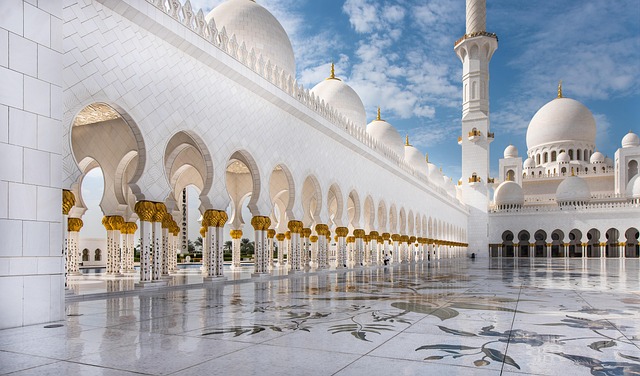The exploration of the intersection of religion and phenomenology presents a fascinating lens through which we can examine the human experience. As we delve into the realms of science and modern philosophy, we uncover the myriad ways in which these fields interact with our understanding of spiritual beliefs and practices.
Religion, often perceived through dogmatic teachings and ancient texts, finds a refreshing perspective when viewed through the phenomenological approach. This methodology invites individuals to reflect on their personal experiences and feelings, emphasizing that understanding comes from lived experience rather than solely theoretical frameworks. In this way, phenomenology allows for a unique dialogue between the rigid structures of religion and the fluidity of individual human experience.
Modern philosophy has expanded the boundaries of traditional thought, encouraging us to question the very nature of existence, morality, and truth. Thinkers such as Jean-Paul Sartre and Maurice Merleau-Ponty have influenced our understanding of consciousness and perception, propelling us towards an inquiry that includes the spiritual dimensions of life. Their work encourages us to recognize that religion can provide profound insights into the human condition, bridging the gap between personal understanding and broader existential questions.
Science, too, plays a pivotal role in this dialogue. As we advance in our understanding of the universe through scientific inquiry, many find themselves grappling with the implications for religion. The discoveries in neuroscience, particularly regarding consciousness and the brain, prompt questions about the spiritual experience: Are our transcendent moments merely biochemical reactions, or do they hint at a profundity beyond the material? The intersection of religion and science is not necessarily antagonistic; rather, it invites a richer dialogue about the nature of reality and our place within it.
At the heart of this exploration lies the experiential essence of religion. Whether it’s the calm embrace of nature during meditation, the communal spirit felt during worship, or the deep introspection that arises from prayer, these moments cannot be easily quantified or replicated by scientific methods alone. They speak to something deeper within us—a connection to the divine and to each other. Here, phenomenology serves as a bridge, allowing us to articulate these experiences that resonate so deeply with our souls.
As we navigate through the ever-evolving landscape of modern philosophy and the scientific pursuit of truth, we must remain open to the profound insights offered by religion. It challenges us to consider the ways in which our beliefs shape our understanding of the world and inform our daily lives. By embracing the phenomenological perspective, we can cultivate a deeper appreciation for the rich tapestry of human experience—where science and religion can coexist, each enhancing our understanding of the other.
In this ongoing journey, we invite readers from all walks of life to engage with these ideas, reflecting on their own experiences of religion and how they intersect with both scientific inquiry and philosophical thought. The search for meaning, connection, and understanding continues, encouraging an openness to where this exploration may take us.




